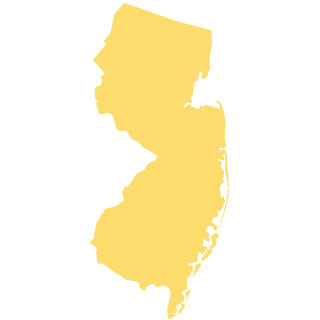
The expansion of a camera-loaning program in New Jersey means that families of senior living residents now may be equipped to secretly record the care of their loved ones, but organizations representing operators are concerned that the families may not be equipped to address privacy and other concerns.
Garden State government officials announced the expansion of the “Safe Care Cam” program, which was launched in December and formerly applied only to those whose loved ones were receiving home healthcare in their private homes, on Tuesday. Families of those living in assisted living communities, nursing homes, residences for the developmentally disabled and other care facilities now are eligible for the micro-surveillance equipment loan program.
Attorney General Christopher S. Porrino said the program expansion will help enhance caregiver oversight and position New Jersey “as a leader in the nation’s efforts to prevent patient abuse.” State officials said that requests for the free use of equipment have been steady and that feedback from users has been positive, although they have not said how many cameras are available, “to protect the integrity of the program.”
Provider groups in New Jersey, however, said they were not informed of the state’s intentions in advance and still have many unanswered questions about the program.
“For example, we do not know what the department has shared regarding the privacy requirement or what, if any, notification and involvement of the facility is required regarding the installation of ‘nanny cams,’ ” Michele Kent, president and CEO of LeadingAge New Jersey, told McKnight’s Senior Living.
Kent said that LeadingAge New Jersey supports “anything that enhances the safety of seniors,” adding, however, that “the devil is in the details.”
“We are encouraged that the Department of Health has agreed to work with the trade associations on the myriad issues that may arise,” she said. “We all want what is best for our seniors, and I feel confident we can work out any confusing or troubling areas.”
Jon Dolan, president and CEO of the Health Care Association of New Jersey, also said that clarification from the attorney general would be helpful. HCANJ is the state affiliate of the American Health Care Association / National Center for Assisted Living and Argentum.
“The most beneficial action moving forward would be to host all stakeholders for a proper discussion concerning the best practices in such cases, the legality of using such devices and under what circumstances,” Dolan told McKnight’s Senior Living.
“The impact on the privacy of roommates and other residents, the risk of misuse of images or video, workforce concerns and the legality of requiring such devices in facilities are all unanswered questions,” he said.



